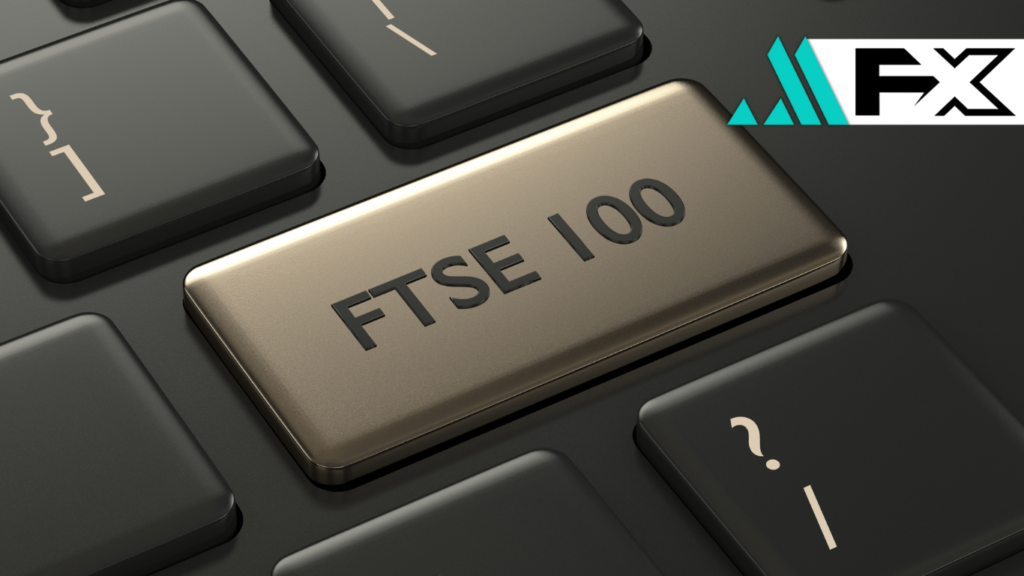British equities edged higher on Wednesday, lifted by a wave of upbeat quarterly results from major U.K.-listed firms. As of 07:20 GMT, the FTSE 100 was up 0.2%, while the British pound slipped 0.04% to $1.33. Gains in Germany’s DAX (+0.5%) and France’s CAC 40 (+0.4%) also added support to broader European sentiment.
The uptick in the FTSE comes as investors digest an influx of earnings on the final trading day of April. With inflation, tariffs, and global demand concerns looming, stronger-than-expected results provided a welcome reprieve for the market.
Barclays, GSK Outperform in Q1
Barclays (LON:BARC) delivered a standout first-quarter performance, thanks largely to its investment banking arm. The bank posted a pre-tax profit of £2.7 billion ($3.6 billion), up 11% year-over-year and above analyst estimates of £2.49 billion, according to LSEG. The result highlights resilience amid tighter financial conditions.
GSK (LON:GSK) also beat expectations, reporting revenue of £7.52 billion for the quarter, exceeding the £7.42 billion consensus. Growth was fueled by strong sales in oncology, compensating for lagging U.S. vaccine demand.
Key Q1 Highlights:
- Barclays: £2.7B pre-tax profit (+11% YoY)
- GSK: £7.52B revenue, beating £7.42B estimate
- Glencore: Copper production down 30% YoY
- Smith+Nephew: Outlook maintained despite tariff risk
- Haleon: Oral care drives Q1 revenue beat
Production, Tariffs, and Outlooks
Glencore (LON:GLEN) reported a significant 30% decline in copper output to 167,900 metric tons for Q1, citing operational challenges. However, the commodities giant reaffirmed its 2025 full-year production and trading guidance.
Smith+Nephew (LON:SN), a leading medical technology firm, held its 2025 financial outlook steady despite anticipating a $15M–$20M net impact from U.S. tariffs. The company said mitigation strategies are in place to cushion the blow.
Haleon (LON:HLN) surprised on the upside, posting better-than-expected organic revenue growth. Robust demand for flagship oral health brands like Sensodyne offset softer sales in its vitamin segment. The company confirmed its full-year guidance remains unchanged.
With U.K. corporates showing relative strength and the pound weakening slightly, global investors may find British equities increasingly attractive. The broader market remains cautious, but today’s results offer a measure of confidence heading into May.
Would you like a visual chart showing Q1 performance comparisons for these firms?


